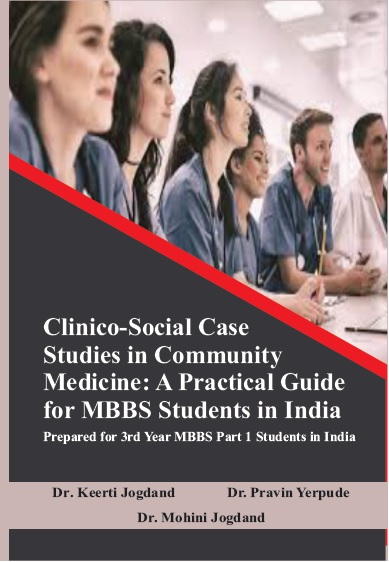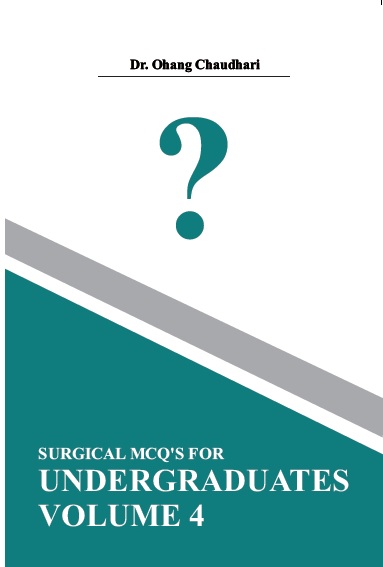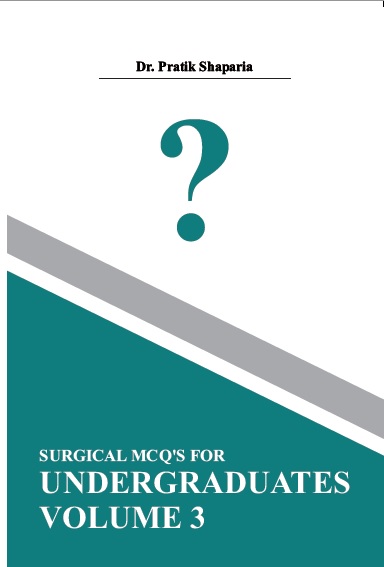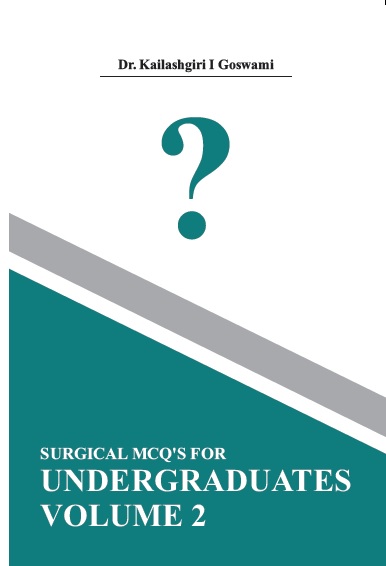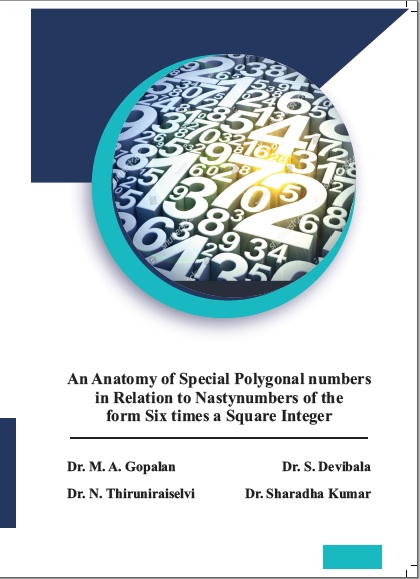LIFE SCIENCES
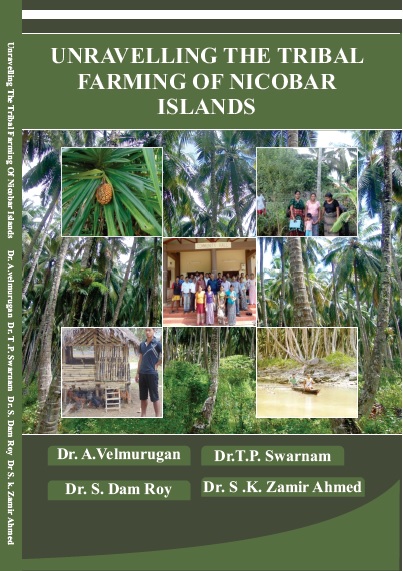
Unravelling The Tribal Farming Of Nicobar Islands
by Dr. A.Velmurugan
ISBN Number : 978- 1-63041-904-2
Authors Details
| Author Name | Image | About Author |
|---|---|---|
| Dr. A.Velmurugan |  |
Dr.A.Velmurugan has been working in the field of natural resource
management, organic farming, island ecosystem and global change studies for
the last 15 years. He has successfully implemented National Agricultural
Innovation Project and Tribal Sub Plan in Andaman and Nicobar Islands. He
has been closely associated with research and development focused on tribes of
Nicobar Islands. He has published several research papers in national and
international journals. Recipient of Lt. Governor's commendation certificate for
his work in these Islands. |
| Dr. T. P. Swarnam |  |
Dr. T. P. Swarnam has been working in the field of integrated farming system,
organic farming and soil resource management for the last 15 years. She has
successfully developed different IFS models for island conditions. She has been
closely working with the tribes of Nicobar islands and successfully
implemented tribal specific integrated farming system models to improve their
nutritional security. She has published several research papers in national and
international journals. Recipient of women scientist of the year award-2015
from Society for Plant Research. |
| Dr. S. Dam Roy | 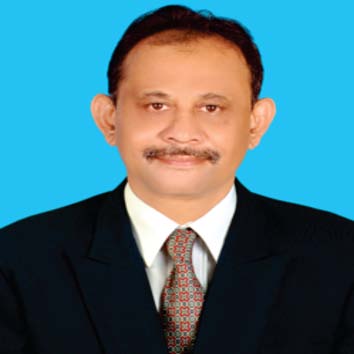 |
Dr. S. Dam Roy, Director of ICAR-CIARI is having more than 25 years of
research experience in these islands. He has worked on fishery resource and
biodiversity assessment, aquaculture, mangrove and coral ecology, and global
change studies. Under his supervision several tribal developmental projects is
being implemented. He has published more than 100 research papers in national
and international journals and authored several books. He is recipient of many
national awards prominent among them are ICAR outstanding team research,
best book written in Hindi, Fakhruddin Ali Ahmed Award for research in tribal
farming system, Hooker award and Lt. Governors commendation certificate.
He is fellow of several professional societies. |
| Dr.S.K. Zamir Ahmed |  |
Dr.S.K. Zamir Ahmed has been working in the field of technology evaluation and dissemination for the last 25 years. He has been involved in impact assessment of institutes technologies, farming system, technology transfer and impact of changing climate on island agriculture. He has been closely working with the tribes of Nicobar Islands and published several research papers in national and international journals. Recipient of many awards including Lt. Governors Commendation Certificate and ICAR- Fakhruddin Ali Ahmed Award for research and developmental in tribal farming system. |
Book Description
The Nicobar group of Islands is part of the union territory of Andaman and Nicobar Islands, India which is home to two most important aborigines viz. Nicobarese and Shompens. They depend on the limited resources of the islands and evolved a unique way of practicing farming within the island ecosystem. The agricultural economy is still at primitive stage or underdeveloped and limited to meeting the food requirements of the tribals. Over the years several attempts were made to improve the farm production in these islands, but still large gap exists in our understanding of these tribals and their farming in its natural state. In recent years the tribals face a host of diverse challenges and new constraints due to the degradation of natural resources, increasing demand for food and climate change concerns. It is, therefore, very important to assess the soil, water and weather conditions and understand the tribal socio-economic conditions to address the challenges facing tribals and their farming. In the fragile island environment in which the agricultural development has to take place, it is particularly important that it addresses the food security of the tribals within their socio-economic system. The Shompens are hunters and gatherers while the Nicobarese practice natural farming. The system of land ownership and production is also varies across the Nicobar Islands. Studies have provided evidence of climate change and possible impact on these islands. Still a large part of the tribal culture and its interrelation with the island ecosystem is unexplained or the information is scattered in different literatures. In the last few years increased interaction with the local people, capacity building, characterization of the resources of these islands at larger scale and research efforts to understand and enhance the farm production in Nicobar Islands have helped to generate lot of information pertaining to the tribal farming. These are very vital information required by several stakeholders for successful implementation of any developmental plan. In addition, declaration of these islands as organic and launch of organic mission has provided the tribal farmers a new opportunity to improve their farm income. Therefore, there is a specific need for comprehensive information on several aspects of tribal farming and the impact of climate change on these islands in an easy to understandable language without compromising the scientific content. In this book we have made an attempt to analyze and comprehend the information on the social economy of the tribals and their nature of farming, natural resources and scope for improving the farming in Nicobar Islands. We believe that this book will address the needs of different stakeholders in providing information on tribals and their farming in Nicobar Islands.






